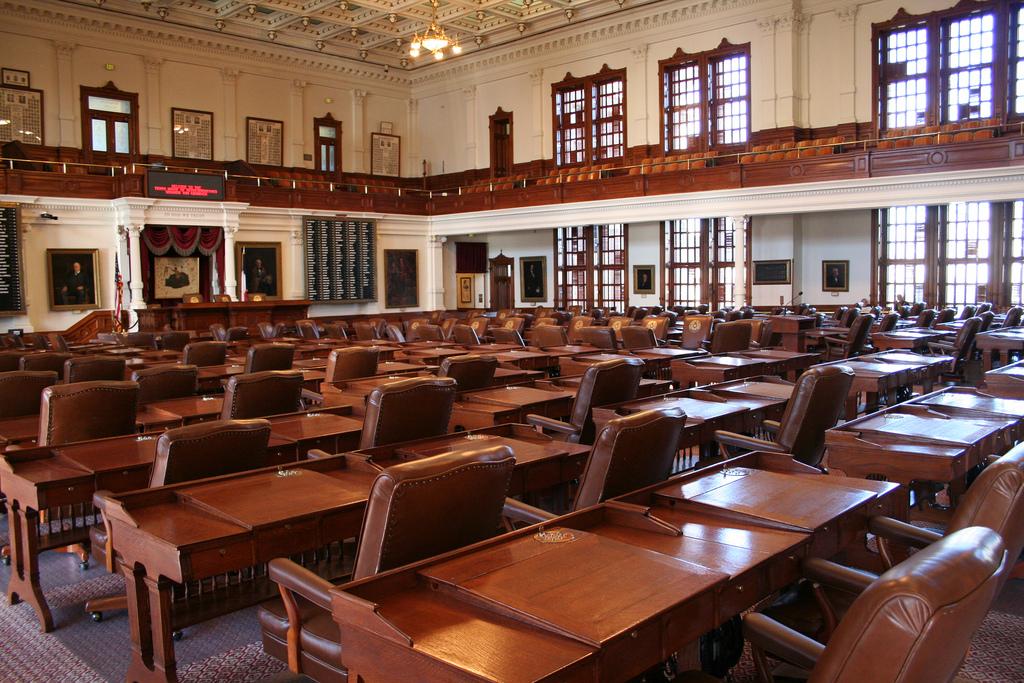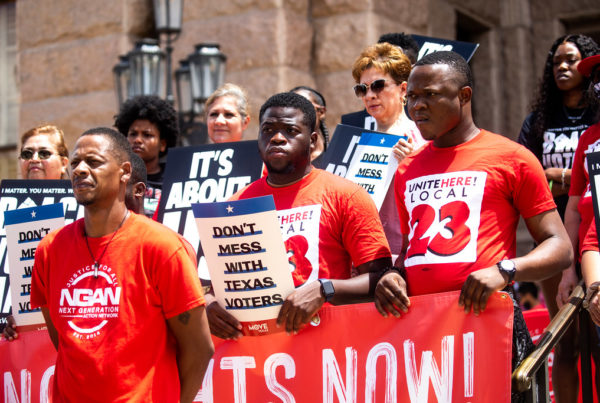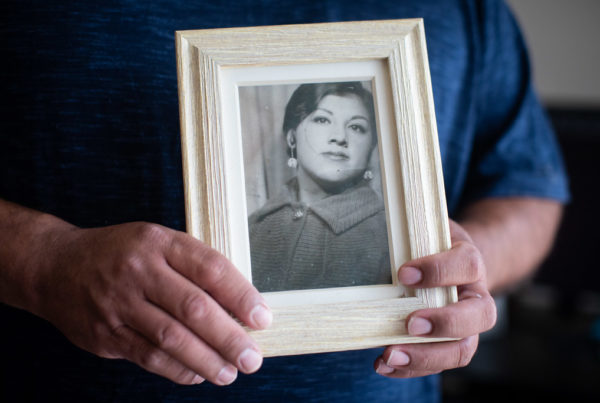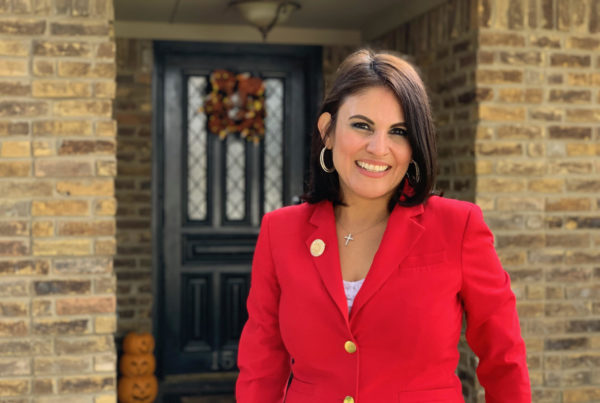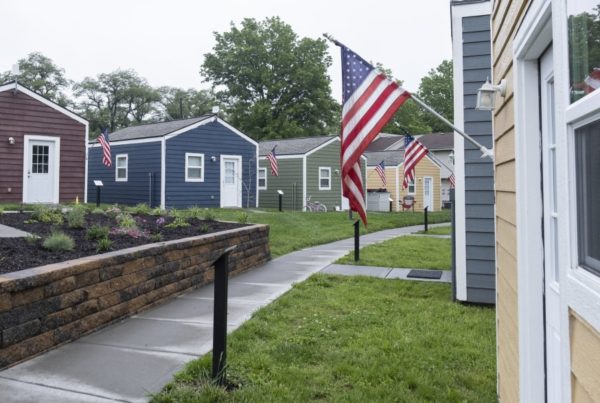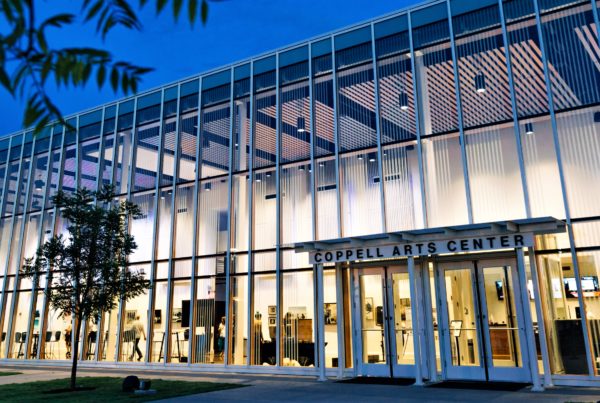When Democrats planned their excursion to Washington this week to break quorum in the Texas House, it wasn’t a new approach. Their predecessors in the Legislature did the same thing in 2003.
Back then, Republicans wanted to pass a redistricting bill that would redraw the state’s congressional districts to favor the GOP. It had been put forward two years after the usual decennial redistricting process had been completed in 2001. Even if Democrats had voted against it, the bill was sure to pass.
So House members left the state, passing the time just across the Red River in Ardmore, Oklahoma, denying House Speaker Tom Craddick the quorum required to vote on the bill. During a second 2003 special session, Senate Democrats decamped to New Mexico to delay a vote on redistricting. Republicans eventually passed a redistricting bill, which substantially changed Texas House districts.
Sherri Greenberg is a former Democratic state representative, who last served in the Texas House in 2001. She is now a professor at the University of Texas at Austin’s LBJ School of Public Affairs. She told Texas Standard that her former colleagues fled to Oklahoma because the state had a Democratic governor whom they believed would protect them if Texas officials tried to force them to come home.
“It was something that we had not seen for awhile in the Texas Legislature – this type of excursion,” Greenberg said.
Greenberg says that through a procedural measure known as a “call on the House,” members who are currently in the chamber can be locked in, and those not in the chamber but elsewhere in the state can be forcibly returned by Department of Public Safety state troopers. To avoid that possibility, Democrats left the state because DPS does not have jurisdiction outside of Texas.
“If they are not in the state of Texas, that cannot happen,” she said.
Greenberg says it’s possible the current attempt by Democrats to break quorum may have more impact than did the 2003 walkout. Two provisions of the Republican voting bill that’s currently at issue were removed after Democrats left the House chamber en masse on the last day of the 2021 regular legislative session. One provision would have hindered “souls to the polls” voter drives that are popular in Black church communities, by reducing early voting hours on Sundays. Another would have allowed judges to throw out election results, even if little evidence of fraud existed.
“I think there is a possibility that they could have leverage for additional changes to this voting legislation,” Greenberg said.
Texas lawmakers are also using their time in Washington to lobby for far-reaching federal voting bills proposed by congressional Democrats: House Resolution 1 and the John Lewis Voting Rights Advancement Act, both of which have stalled in Congress.


